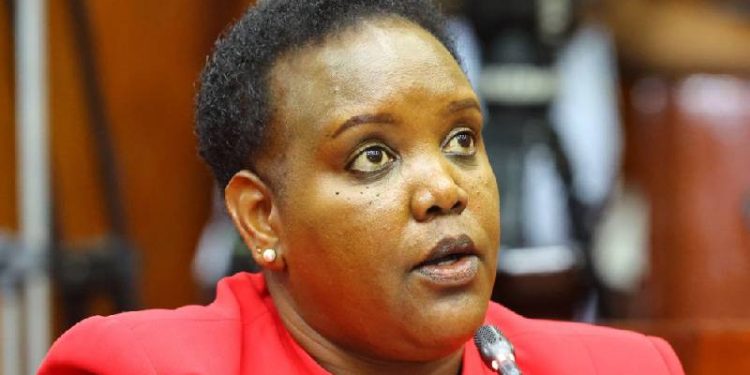Kenya is tightening loose ends in its coffee and tea value chains in Kirinyaga, Meru, Kericho, and Kisii counties in readiness for European Union (EU) markets, following recent signing of Economic Partnership Agreement.
- The deal signed in Nairobi last year and endorsed by the European Union Parliament last month will enable Kenyan goods gain immediate duty-and quota-free access to the European market.
- On Thursday, the ministry of labour and social protection in collaboration with the International Labour Organization (ILO) launched the ACCEL Africa Project in Nairobi, which aims to combat child labour in the tea, and coffee supply chains.
- The project seeks to support Kenya address the requirements that will be expected to be kept in so far as sustainability and fair/responsible trade practices are concerned.
Kenya’s involvement will focus on the agriculture sector, specifically targeting the tea and coffee value chains. The urgency of this endeavour is underscored by the 2020 Global Estimates of Child Labour, revealing a distressing rise in child labourers, particularly in sub-Saharan Africa.
Speaking at the launch, Florence Bore, Cabinet Secretary for Labour and Social Protection stressed the importance of mainstreaming elimination efforts across all value chains, emphasizing the government’s dedication to safeguarding children’s futures.
Maarten Brouwer, ambassador of the Kingdom of the Netherlands to Kenya noted that Putting children to labour is neglecting the potential future value of his or her labour that can be added through education. It reduces the chances of the child to self-develop. It is, therefore, economically unwise to do. Economically, it is short term gain at the expense of long-term value.
Jacqueline Mugo, CEO of the Federation of Kenyan Employers in her remarks highlighted the necessity of public awareness campaigns in combating child labour and emphasized the importance of social dialogue and collaboration among stakeholders.
In Kenya, the project will focus on coffee and tea value chains in Kirinyaga, Meru, Kericho, and Kisii, collaborating closely with key stakeholders including the Ministry of Labour and Social Services, the Federation of Kenya Employers (FKE), and the Central Organization of Trade Unions (COTU), among others.
See Also:




